2004 Ford Mustang Brake Rotors and Pads
Click here to search another vehicle
All Rotors:
OEM x
Coated x
Drilled, Slotted and Coated x
Front x
Rear x
All Pads:
Ceramic x
Semi-metallic x
Front x
Rear x
Found 13 record
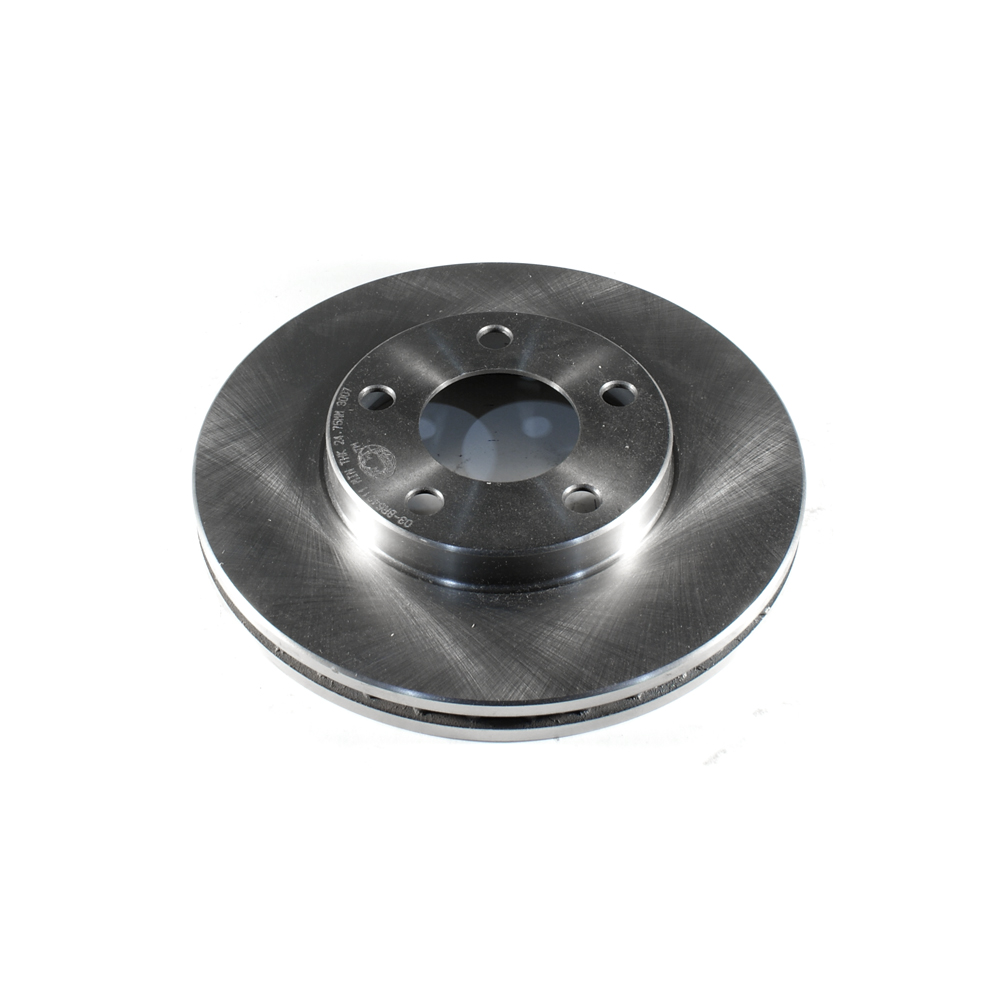
Part No: BR54011
Raybestos: 66443
OE: F4ZZ1125A
Raybestos: 66443
OE: F4ZZ1125A
$32.58 each
Per Car QTY: 2
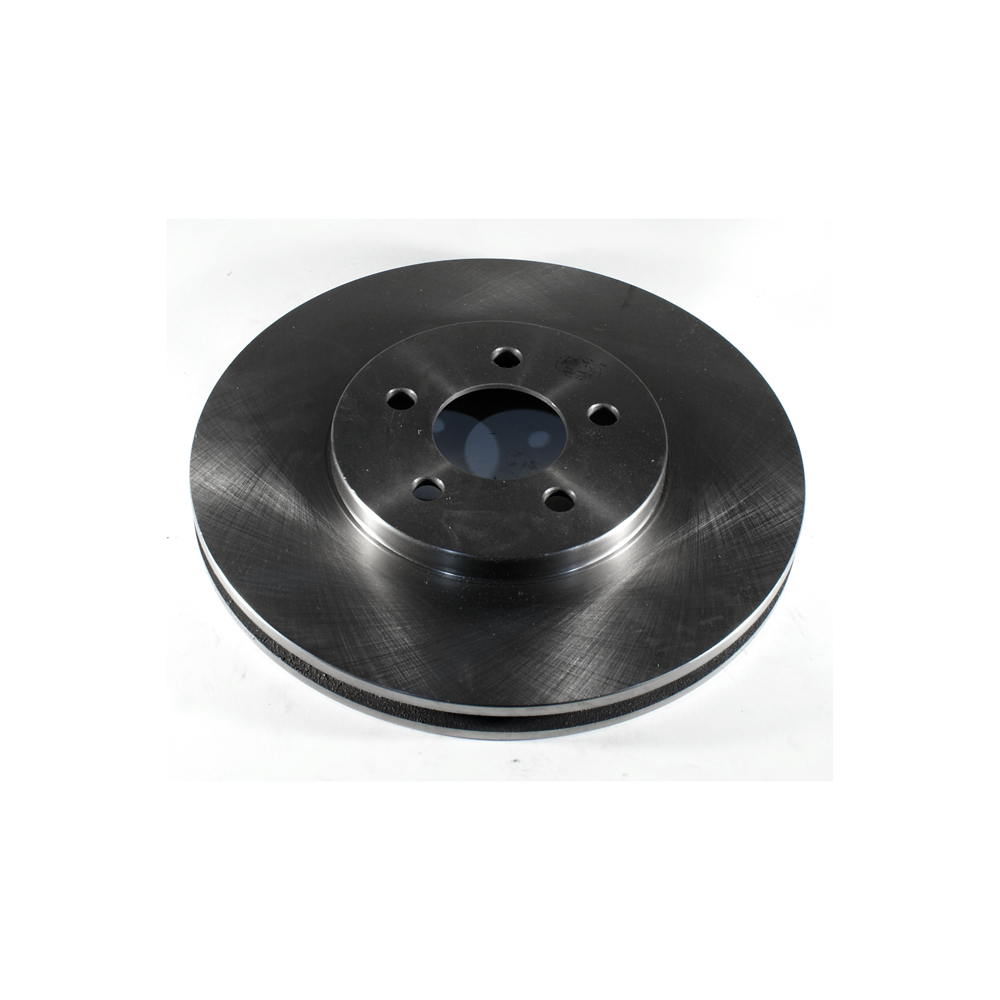
Part No: BR54087
Raybestos: 66844
OE: F4ZZ2C374A
Raybestos: 66844
OE: F4ZZ2C374A
$43.47 each
Per Car QTY: 2
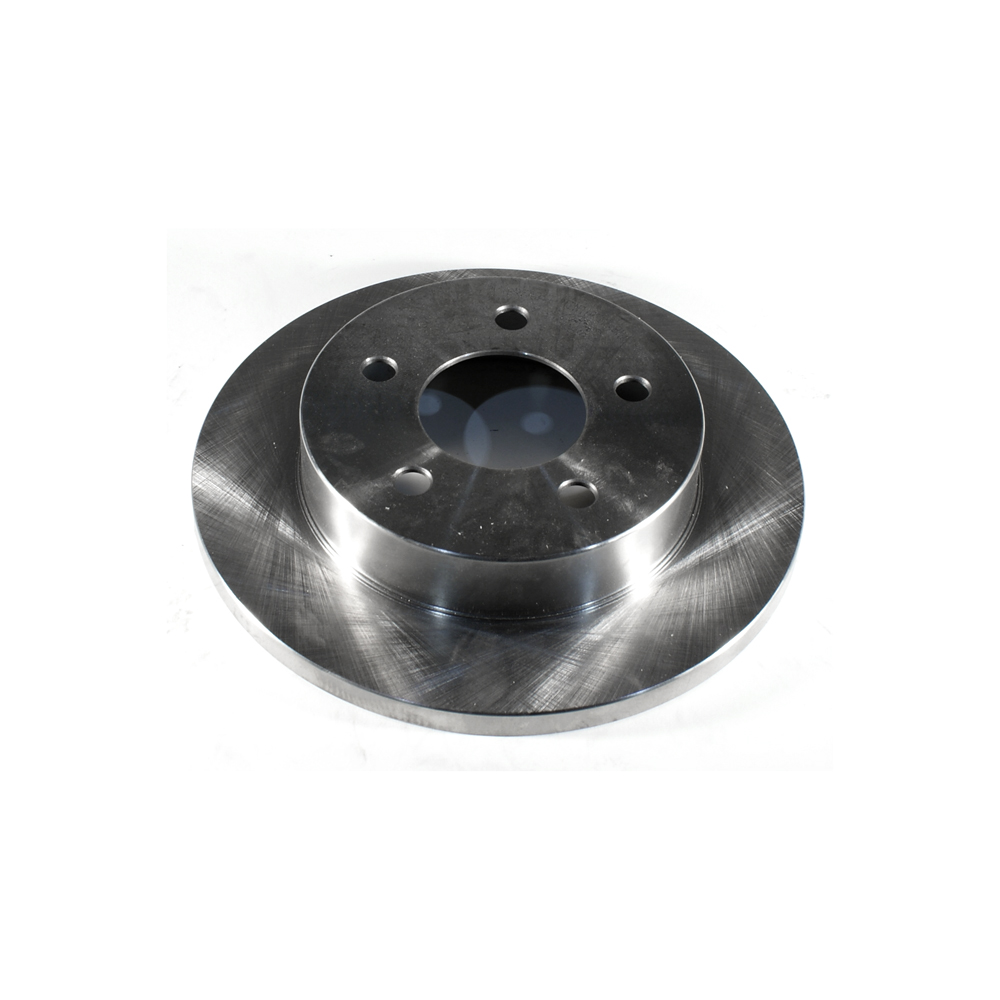
Part No: BR54017
Raybestos: 66448
OE: F8ZZ2C026AA
Raybestos: 66448
OE: F8ZZ2C026AA
$25.16 each
Per Car QTY: 2
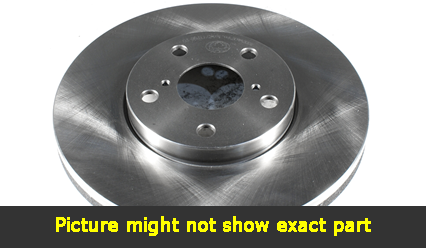
Part No: BR54036
Raybestos: 66474
OE: F4ZZ2C026B
Raybestos: 66474
OE: F4ZZ2C026B
$27.52 each
Per Car QTY: 2
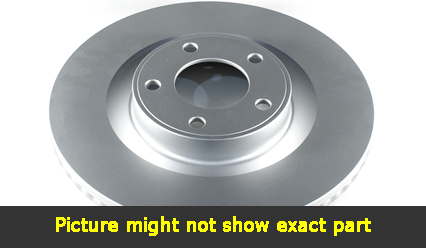
Part No: PP54011
Raybestos: 66443
OE: F4ZZ1125A
Raybestos: 66443
OE: F4ZZ1125A
$46.26 each
Per Car QTY: 2
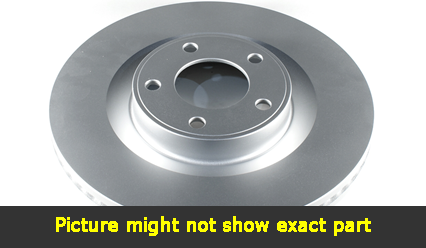
Part No: PP54017
Raybestos: 66448
OE: F8ZZ2C026AA
Raybestos: 66448
OE: F8ZZ2C026AA
$35.71 each
Per Car QTY: 2
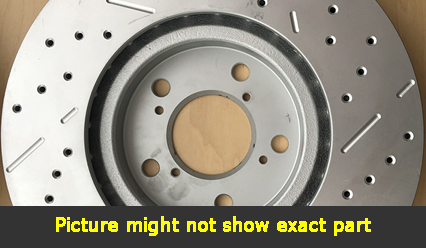
Part No: SP54011L
Raybestos: 66443
OE: F4ZZ1125A
Raybestos: 66443
OE: F4ZZ1125A
$78.66 each
Per Car QTY: 1
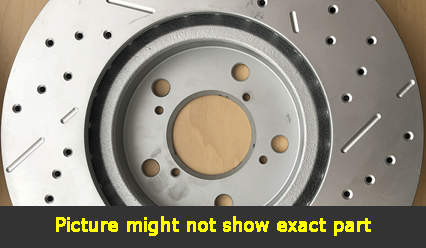
Part No: SP54011R
Raybestos: 66443
OE: F4ZZ1125A
Raybestos: 66443
OE: F4ZZ1125A
$78.66 each
Per Car QTY: 1
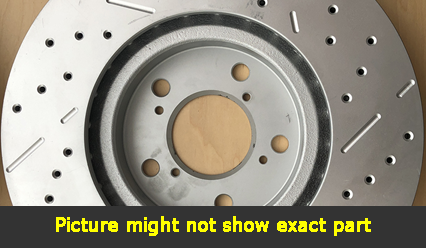
Part No: SP54017L
Raybestos: 66448
OE: F8ZZ2C026AA
Raybestos: 66448
OE: F8ZZ2C026AA
$68.11 each
Per Car QTY: 1
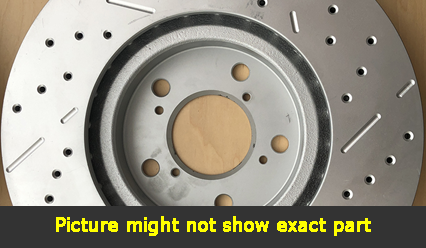
Part No: SP54017R
Raybestos: 66448
OE: F8ZZ2C026AA
Raybestos: 66448
OE: F8ZZ2C026AA
$68.11 each
Per Car QTY: 1

Part No: PD804C
Raybestos:
OE:
Raybestos:
OE:
$31.3 each
Per Car QTY: 1
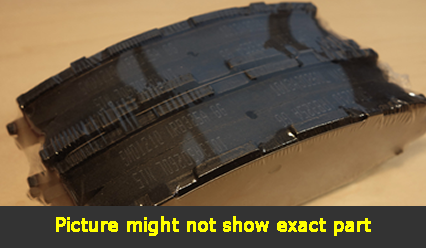
Part No: SMD804
Raybestos:
OE:
Raybestos:
OE:
$23.53 each
Per Car QTY: 1
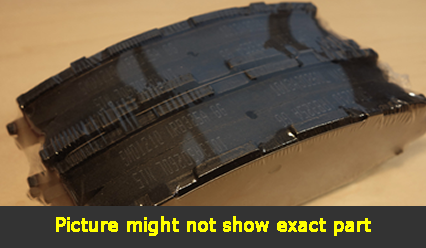
Part No: SMD627
Raybestos:
OE:
Raybestos:
OE:
$18.05 each
Per Car QTY: 1
When it comes to ensuring a safe and reliable driving experience, few elements in a vehicle are as crucial as the brakes. For the 2004 Ford Mustang, having a well-maintained braking system is of utmost importance. The brakes on a car play a vital role in bringing it to a stop and ensuring control during various driving scenarios. Let's dive into the world of brakes and explore what makes them so significant for the 2004 Ford Mustang.
The 2004 Ford Mustang was equipped with a dependable and effective braking system, capable of providing the necessary stopping power for this sports car. Understanding the different components of the braking system will allow Mustang owners to better comprehend how it functions and the importance of regular maintenance.
The brakes on the 2004 Ford Mustang consist of several components, including brake pads, rotors, calipers, brake lines, and the master cylinder. The brake pads are essential as they bring the vehicle to a halt by creating friction against the spinning rotors. Over time, brake pads wear down due to this constant friction and need to be replaced periodically to ensure optimal braking performance.
The rotors, also known as brake discs, are smooth, circular metal discs that the brake pads clamp onto when braking. They provide a large surface area for the pads to grip and use heat dissipation to prevent the brake system from overheating during prolonged or heavy braking. Regular inspection of the rotors is necessary to detect any signs of warping, scoring, or excessive wear, which could impair braking ability. If any of these issues are present, the rotors should be replaced promptly.
The brake calipers, located on either side of the rotors, house the brake pads and are responsible for pushing them against the rotors when the brake pedal is engaged. Over time, calipers can become seized or develop leaks. If a caliper fails, it can cause uneven braking or lead to a loss of braking capability altogether. Regular inspection, cleaning, and lubrication of the calipers will help maintain their functionality and prevent potential issues.
Brake lines, made of flexible metal tubing or reinforced rubber hoses, transmit hydraulic pressure from the master cylinder to the calipers. It is important to inspect these lines for signs of leaks, cracks, or damage, as any issues could lead to brake fluid loss and an unreliable braking system. If any problems are detected, the brake lines should be replaced promptly to ensure safety while driving.
The master cylinder is the heart of the braking system, as it converts the driver's input on the brake pedal into hydraulic pressure that operates the calipers. Regular maintenance of the master cylinder includes checking the brake fluid level and ensuring it is free from contaminants. If the brake pedal feels spongy or sinks to the floor when pressed, it may indicate a failing master cylinder that requires immediate attention.
To maintain optimal braking performance on the 2004 Ford Mustang, regular inspection and maintenance are essential. Keeping an eye on brake pad thickness, rotor condition, caliper functionality, and brake line integrity will help prevent potential issues and ensure a safe driving experience.
Moreover, it is crucial to follow a proper and regular schedule for brake maintenance, including brake pad replacement and fluid flushing. Consulting the owner's manual or seeking the expertise of qualified mechanics can provide guidance on the recommended service intervals for the Mustang’s braking system.
In conclusion, the brakes on a 2004 Ford Mustang are a vital component that should never be neglected. Regular inspection, maintenance, and timely component replacements will not only keep the vehicle's braking system in top shape but also provide the peace of mind that comes from knowing that one's safety is not compromised. Remember, when it comes to brakes, it's better to be proactive than to wait for an emergency.
The 2004 Ford Mustang was equipped with a dependable and effective braking system, capable of providing the necessary stopping power for this sports car. Understanding the different components of the braking system will allow Mustang owners to better comprehend how it functions and the importance of regular maintenance.
The brakes on the 2004 Ford Mustang consist of several components, including brake pads, rotors, calipers, brake lines, and the master cylinder. The brake pads are essential as they bring the vehicle to a halt by creating friction against the spinning rotors. Over time, brake pads wear down due to this constant friction and need to be replaced periodically to ensure optimal braking performance.
The rotors, also known as brake discs, are smooth, circular metal discs that the brake pads clamp onto when braking. They provide a large surface area for the pads to grip and use heat dissipation to prevent the brake system from overheating during prolonged or heavy braking. Regular inspection of the rotors is necessary to detect any signs of warping, scoring, or excessive wear, which could impair braking ability. If any of these issues are present, the rotors should be replaced promptly.
The brake calipers, located on either side of the rotors, house the brake pads and are responsible for pushing them against the rotors when the brake pedal is engaged. Over time, calipers can become seized or develop leaks. If a caliper fails, it can cause uneven braking or lead to a loss of braking capability altogether. Regular inspection, cleaning, and lubrication of the calipers will help maintain their functionality and prevent potential issues.
Brake lines, made of flexible metal tubing or reinforced rubber hoses, transmit hydraulic pressure from the master cylinder to the calipers. It is important to inspect these lines for signs of leaks, cracks, or damage, as any issues could lead to brake fluid loss and an unreliable braking system. If any problems are detected, the brake lines should be replaced promptly to ensure safety while driving.
The master cylinder is the heart of the braking system, as it converts the driver's input on the brake pedal into hydraulic pressure that operates the calipers. Regular maintenance of the master cylinder includes checking the brake fluid level and ensuring it is free from contaminants. If the brake pedal feels spongy or sinks to the floor when pressed, it may indicate a failing master cylinder that requires immediate attention.
To maintain optimal braking performance on the 2004 Ford Mustang, regular inspection and maintenance are essential. Keeping an eye on brake pad thickness, rotor condition, caliper functionality, and brake line integrity will help prevent potential issues and ensure a safe driving experience.
Moreover, it is crucial to follow a proper and regular schedule for brake maintenance, including brake pad replacement and fluid flushing. Consulting the owner's manual or seeking the expertise of qualified mechanics can provide guidance on the recommended service intervals for the Mustang’s braking system.
In conclusion, the brakes on a 2004 Ford Mustang are a vital component that should never be neglected. Regular inspection, maintenance, and timely component replacements will not only keep the vehicle's braking system in top shape but also provide the peace of mind that comes from knowing that one's safety is not compromised. Remember, when it comes to brakes, it's better to be proactive than to wait for an emergency.


